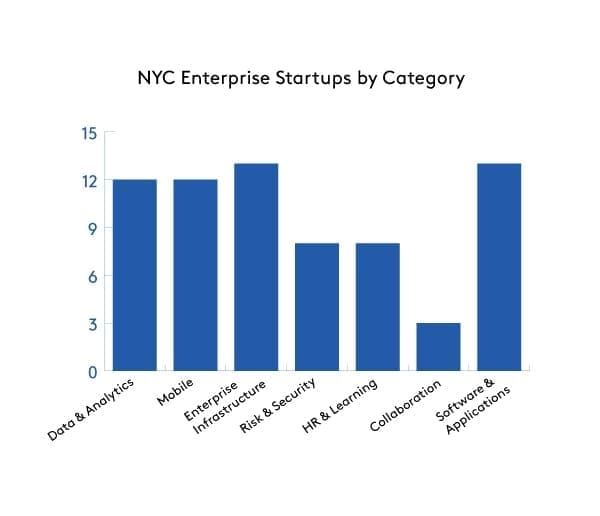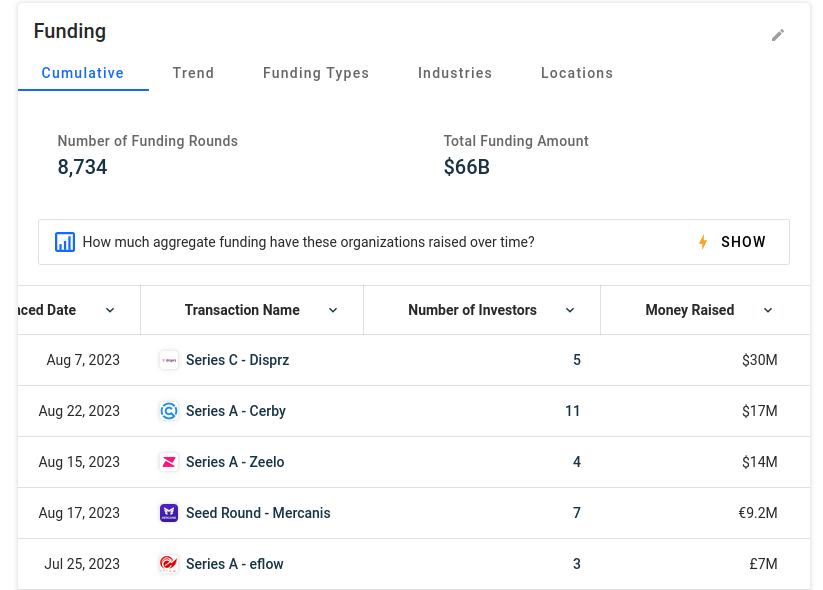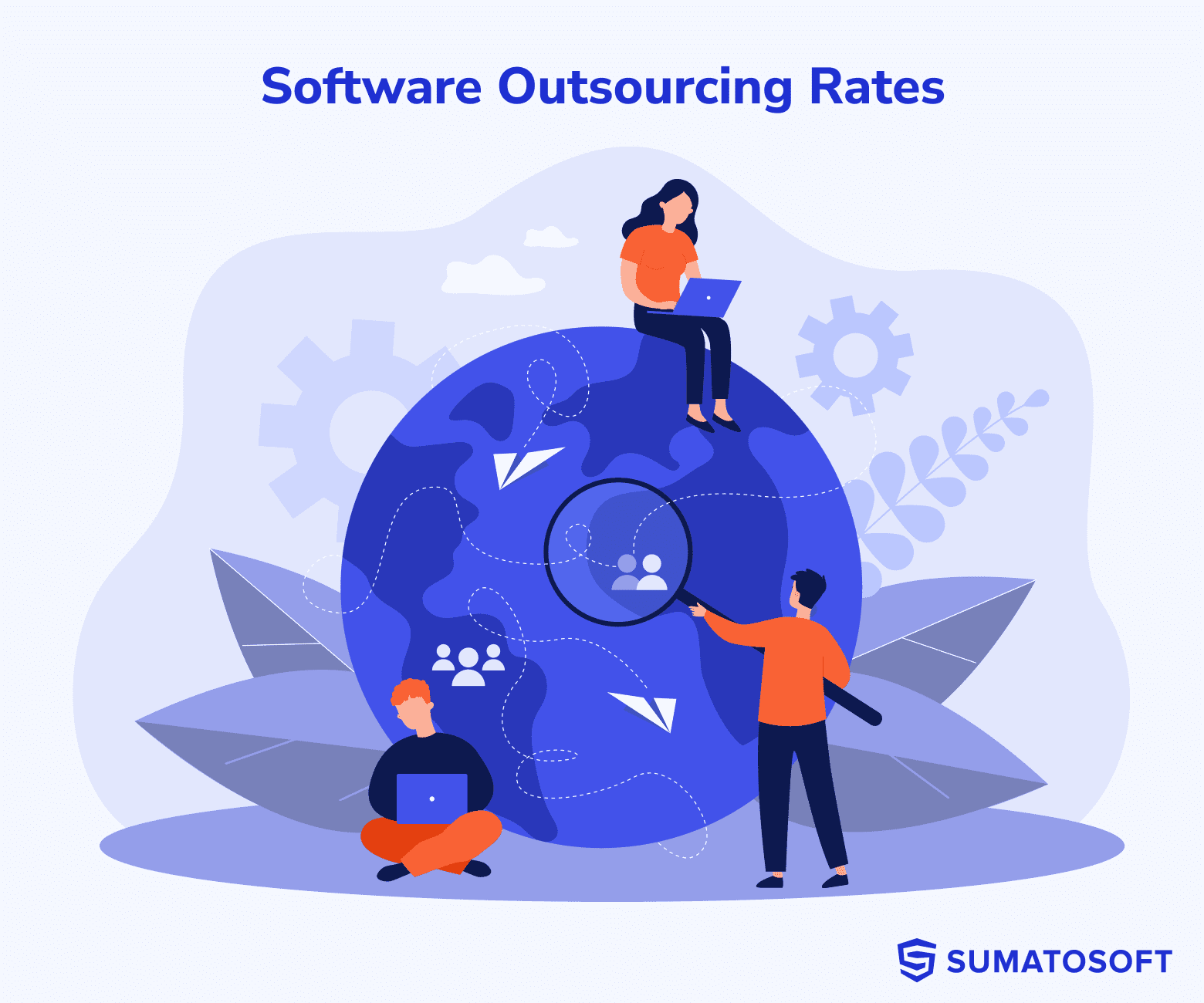Startups Targeting Enterprise: Barriers to Overcome


Startupers are the people which see the opportunity. Successful startupers are those who grab it and turn it into a profitable business before anyone else. As commonly known, the enterprise is a big opportunity. So why do aspiring entrepreneurs often target something else?
The answer is a bit obvious: they do not share the same culture and values. Startupers are often portrayed as trendy, young, and innovative folks. For them, the enterprise looks like a tall Chrysler Building-Esque entity of various departments, business units, projects, functional groups, corporate rules, and many other “stranger” notions. And this confusion is quite natural – startup founders may have never been exposed to those things in real life.
So this discrepancy pours cold water on many entrepreneurs. Worst of all, enterprise startups are regarded as a bit nerdy – it will be hard to explain to the general audience what is the significance of your work. That is why, most startuppers choose to target the B2C sector because it feels easier and, more importantly, it’s possible to build a product they can use themselves.
But “most” doesn’t mean “all”. In fact, there are plenty of startup ventures that target the enterprise, or at least, the business customer.

Don’t get me wrong – there’s no lack of interest in going enterprise whatsoever. The problem is there are more barriers to initial success than in the B2C market. Let’s see what these barriers are.
Domain Expertise Required
Can you start a CRM company if you don’t have any deep CRM experience? For example, if you’re developing a marketing automation software, you should have a strong background in marketing & sales or at least have worked with various marketing agencies. This way, the previous domain expertise is a must – it would be hard as hell to learn things by doing. Secondly, enterprises have a much higher bar for custom requirements to have your product integrated with their existing software ecosystem in a quick manner. Hence, it’s only natural that entrepreneurs naturally shift towards consumer products.
Lack of Funds
Being in an enterprise startup, you need to generate revenue quickly to meet investor expectations. It could be really hard because the enterprise sales cycle is way longer than a B2C startup where you can run a Facebook Ad, then see an immediate sale. At the same, time you need more funds to run things. Jason M. Lemkin, a partner at SaaStr Ventures explains:
$750k gets you very far along, post MVP, in a consumer start-up. In the enterprise, it gets you almost nowhere.
Still, the option to get investments is still open. According to the crunchbase statistics, in August 2023 4 enterprise startups were founded with more than $70 million.

Lack of Clients
Since their early days, enterprise startups have to aim to be real businesses, in terms of establishing a beachhead with customers. This status requires a strong professional network of people who have already worked in the enterprise space before.
Regulatory and Compliance Hurdles
Breaking into the enterprise sector often means navigating a labyrinth of regulatory and compliance requirements that don’t typically concern B2C startups. Whether it’s GDPR for data privacy, HIPAA for healthcare, or SOC 2 for cloud computing, the alphabet soup of regulatory acronyms is a formidable barrier. Enterprises, being much larger and more scrutinized entities, cannot afford to take risks with vendors who are not compliant with industry standards. This necessitates startups to invest significant resources in ensuring their product meets the specific compliance and security standards required by potential enterprise clients, which can be both time-consuming and expensive.
But on the bright side…
Let’s repeat: startupers are the people which see the opportunity. Enterprises can’t innovate as startups do and that’s a major opportunity for entrepreneurs. Enterprises may have the budgets, but they lack the ability to react quickly to new and emerging market opportunities.
In most corporations, there are finance, human resources, sales, marketing, and operations departments that are served by large technology platforms (like SAP, Oracle, PeopleSoft, Microsoft, etc.). But do these solutions totally fulfill their business needs? I doubt it as every large enterprise solution has its flows. So it is your chance to be one step ahead and win.
P.S. Do you need professional enterprise app developers to help you with your idea? Contact us and let’s make it real.
Let’s start
If you have any questions, email us info@sumatosoft.com




